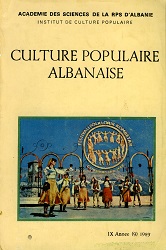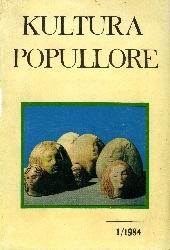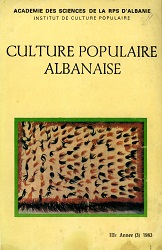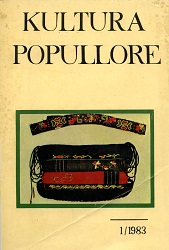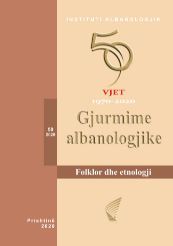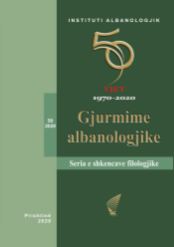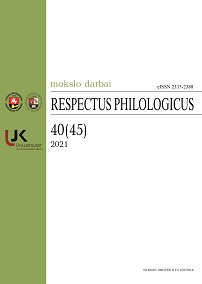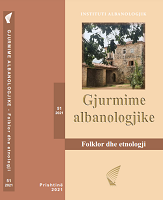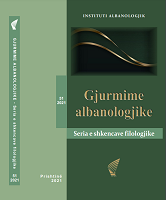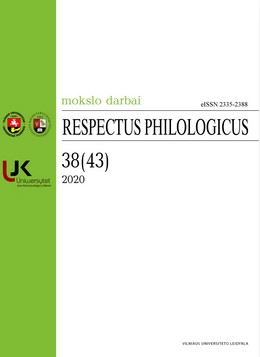
Lost in Translation: Narrative Perspective Silenced by the Voice of the Translator
This study compares passages from four novels by the renowned Albanian author Ismail Kadare with their English translations: Prilli i thyer (Broken April, 1990 [1980]), Kronika në gur (Chronicle in Stone, 2007 [1971]), Vajza e Agamemnonit (The Daughter of Agamemnon, 2006 [2003]) and Pallati i ëndrrave (The Palace of Dreams, 2011 [1999]). It uses the linguistic analysis of style in the source and the target languages aiming to identify the modification of narrative perspectives during the translation process. The stylistic comparison of the original with translated versions demonstrates the shift from the internal perspective to the narratorial perspective of narration, which may be the result of the translator’s inclination to explain. In Kadare’s novels which have been translated from French, the tendency to make a clear borderline between narrative voices is evident. The translator’s lack of ability to pick out stylistic features indicating the internal perspective of the character impacts the mental representation produced by the reader of the translated text. The shift from the character’s to the narrator’s perspective influences not only the reader’s attitude towards the culture narrated in the text but also the way how the identity of the narrator is construted. Consequently, the imposed narratorial voice in the translated Kadare’s novels gives a different impression from the non-intrusive narration that the author managed to create in the communist regime.
More...
